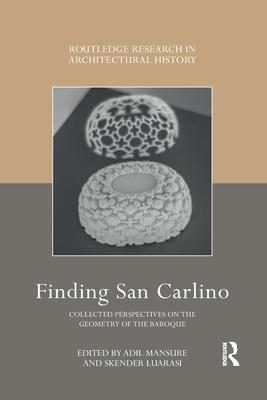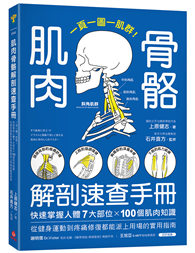The church of San Carlo alle Quattro Fontane, also called San Carlino, is an architectural artefact that continues to attract numerous hypotheses and geometric analyses attempting to explain its form and meaning. Numerous investigations have attempted to reveal its underlying geometrical principles, without, however, reaching a consensus. Finding San Carlino presents an edited collection of perspectives on Borromini’s famous Baroque church from a range of established and emerging scholars in architectural history and theory, including Werner Oechslin, Karsten Harries, Michael Hill and Lauren Jacobi amongst others.
This book offers the reader different means of engaging with, enjoying and articulating San Carlino’s complexity, non-consensus and ambiguity. It is precisely such a unique disposition that motivates this book to explore multiple modes of architectural enquiry and delve into a series of theoretical and historiographical questions such as: why was Borromini not able to post-rationalize his architecture with his drawings? What is San Carlino’s exemplary value, and why does it continually engender exegetical and hermeneutic desire? What is the role of geometry in architecture, in history and today?
Written for researchers, scholars and postgraduate students in architectural history and theory, the book uses San Carlino as an enigmatic centering point for a set of significant contemporary voices to explore new modes of confrontation and comparison.











